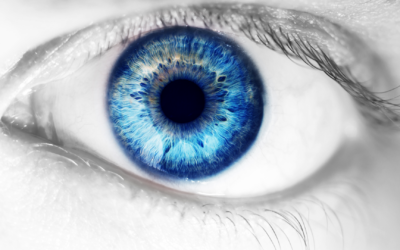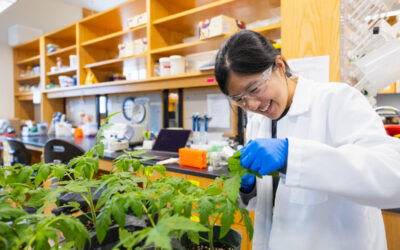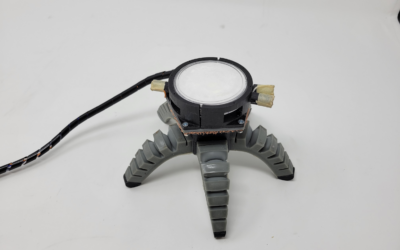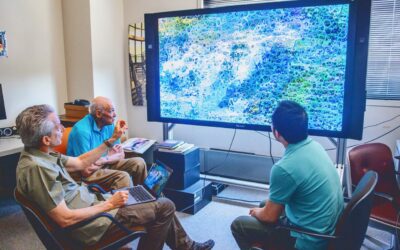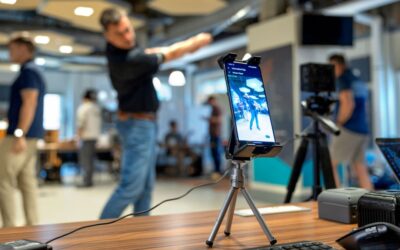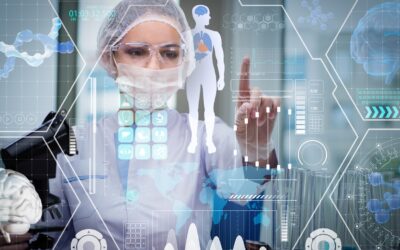The US has led AI innovation; however, global competition, is rising. In response to a call from the White House regarding the future of Artificial Intelligence, faculty from the Cornell Ann S. Bowers College of Computing and Information Science and Cornell Tech...
Cornell AI News
News Category
Filter by Topic
Pupil size in sleep reveals how memories are sorted and preserved
By studying mice equipped with brain electrodes and tiny eye-tracking cameras, Cornell researchers determined that new memories are being replayed and consolidated when the pupil is contracted during a substage of non-REM sleep.
In American fiction, it’s a small world after all
Despite being unbound by space and time, fictional protagonists in American literature travel fewer miles than their nonfiction counterparts, according to a Cornell-led research team that used artificial intelligence to analyze nearly 13,500 books from the last 230 years.
Xiaoying Gan ’25: Using data to transform the future of food
Xiaoying Gan ’25, a biometry and statistics and plant science double major, is using her Cornell Bowers education to improve agriculture and tackle food insecurity—advancing humanity and society through tech.
Biohybrid robots controlled by electrical impulses — in mushrooms
Cornell researchers discovered a new way of controlling biohybrid robots that can react to their environment better than their purely synthetic counterparts: harnessing fungal mycelia’s innate electrical signals.
Digital Artist Dreams His Creations in Pixels and Neurons
An architecture and computer graphics alum returned to the Hill this summer to draw images from landscapes—and memories
Rev: Ithaca Startup Works puts new entrepreneurs through their paces
Over 10 weeks this summer, Rev’s Prototyping Hardware Accelerator guided product teams from back-of-the-napkin ideas to fully-fledged startups. In categories from climate technology to agricultural innovations, and with projects that range from canoe racing tools to improved tea dispensers, teams gained access to experts in their industry’s field, working together to figure out if their concept might be commercially desirable, technologically feasible and economically viable.
Machine learning helps define subtypes of Parkinson’s disease
Researchers at Weill Cornell Medicine have used machine learning to define three subtypes of Parkinson’s disease based on the pace at which the disease progresses.


